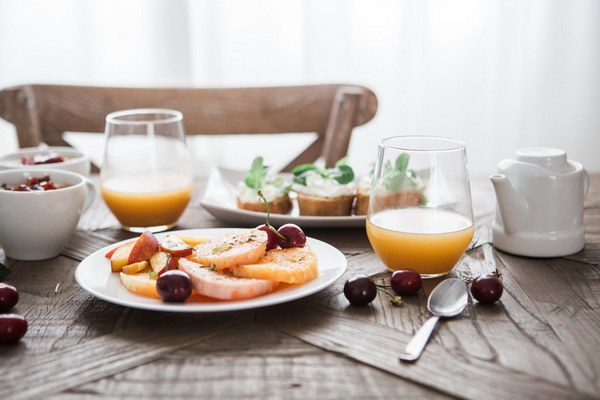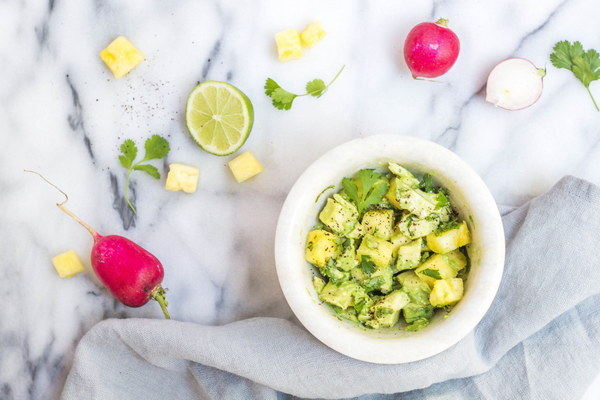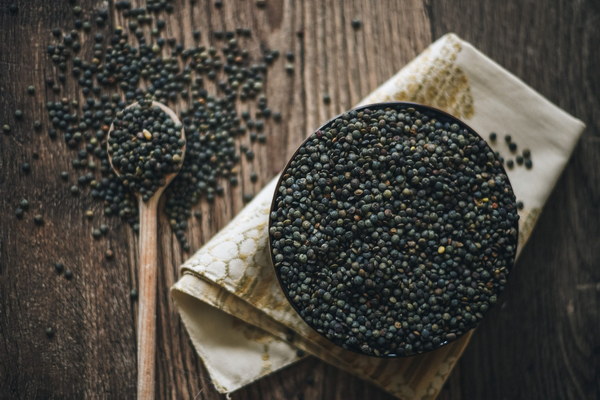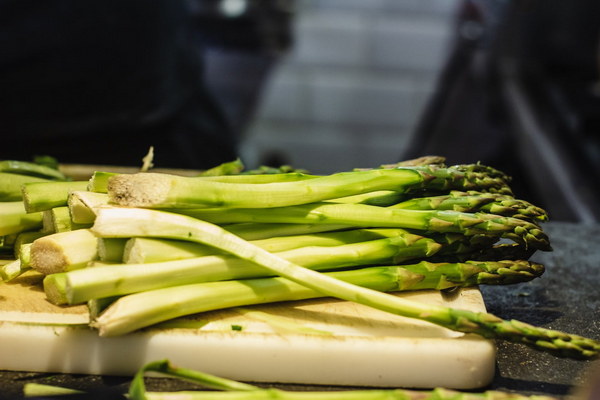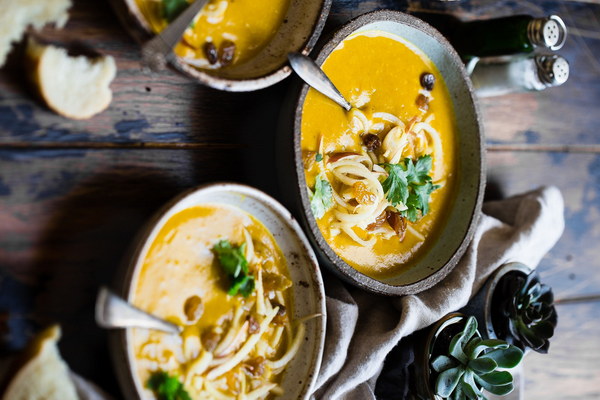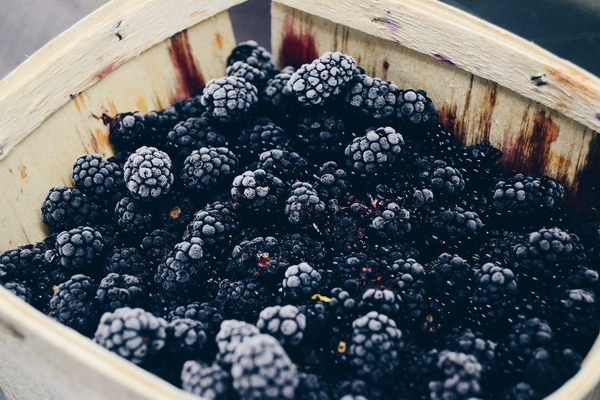Nutritional Supplements What Foods Are Ideal for Stroke Survivors
Introduction:
Stroke is a serious medical condition that can lead to various complications and long-term health issues. Rehabilitation and proper nutrition play a crucial role in the recovery process. In this article, we will discuss the ideal foods that can help stroke survivors in their recovery journey by providing essential nutrients and promoting overall health.
1. Fruits and Vegetables:
A diet rich in fruits and vegetables is essential for stroke survivors. These foods are packed with vitamins, minerals, and antioxidants that can aid in the recovery process. Some fruits and vegetables that are particularly beneficial include:
- Berries: Blueberries, strawberries, and raspberries are rich in antioxidants, which help reduce inflammation and improve brain function.
- Leafy Greens: Spinach, kale, and Swiss chard are high in iron, calcium, and vitamin K, which are important for blood clotting and bone health.
- Carrots: Carrots are rich in beta-carotene, which is converted into vitamin A in the body. Vitamin A is essential for maintaining healthy vision and promoting cell growth.
- Apples: Apples are high in fiber and antioxidants, which can help lower cholesterol levels and reduce the risk of heart disease.
2. Whole Grains:
Whole grains are an excellent source of fiber, vitamins, and minerals. They can help lower cholesterol levels, reduce the risk of heart disease, and regulate blood sugar levels. Some whole grains that are beneficial for stroke survivors include:
- Oats: Oats are rich in beta-glucan, a type of soluble fiber that can help lower cholesterol levels.
- Brown Rice: Brown rice is a good source of fiber, magnesium, and B vitamins, which are essential for nerve function and energy production.
- Quinoa: Quinoa is a complete protein and contains all nine essential amino acids. It is also rich in iron, magnesium, and B vitamins.
3. Lean Proteins:
Protein is vital for tissue repair and muscle strength. Stroke survivors need to consume adequate amounts of lean proteins to support their recovery. Some excellent sources of lean proteins include:
- Chicken breast: Chicken breast is a low-fat source of protein and contains essential amino acids.
- Fish: Fish, especially fatty fish like salmon, mackerel, and sardines, are rich in omega-3 fatty acids, which can help reduce inflammation and improve brain health.
- Eggs: Eggs are a great source of high-quality protein and contain various nutrients, such as vitamin D, B vitamins, and choline.
4. Nuts and Seeds:
Nuts and seeds are packed with healthy fats, vitamins, and minerals. They can help reduce the risk of heart disease and improve brain function. Some nuts and seeds that are beneficial for stroke survivors include:
- Almonds: Almonds are rich in vitamin E, magnesium, and healthy fats, which can help reduce inflammation and improve heart health.
- Chia seeds: Chia seeds are high in omega-3 fatty acids, fiber, and antioxidants, which can aid in weight management and reduce the risk of heart disease.
- Flaxseeds: Flaxseeds are a good source of omega-3 fatty acids, fiber, and lignans, which can help reduce inflammation and improve heart health.
5. Dairy Products:
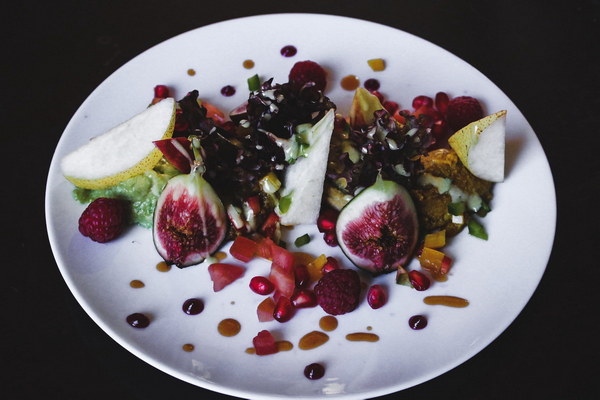
Dairy products, such as milk, cheese, and yogurt, are an excellent source of calcium, vitamin D, and protein. These nutrients are essential for bone health and muscle function. Some dairy products that are beneficial for stroke survivors include:
- Milk: Milk is rich in calcium and vitamin D, which are important for maintaining strong bones and teeth.
- Yogurt: Yogurt is a good source of probiotics, which can help maintain a healthy gut and support immune function.
- Cheese: Cheese is a high-protein food that can be included in a balanced diet. Choose low-fat options to minimize saturated fat intake.
Conclusion:
Proper nutrition is essential for the recovery of stroke survivors. By incorporating a variety of nutrient-rich foods into their diet, such as fruits, vegetables, whole grains, lean proteins, nuts and seeds, and dairy products, stroke survivors can support their recovery process and improve their overall health. It is always advisable to consult with a healthcare professional or a registered dietitian before making any significant changes to your diet.
